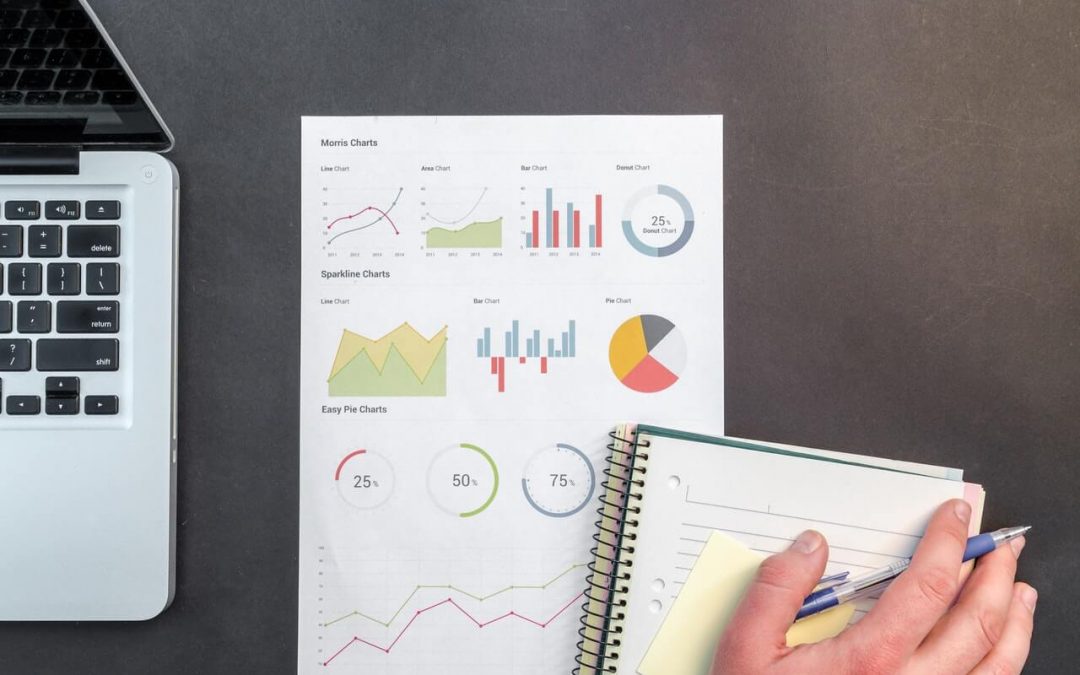Basics of Investing
These days, we are inundated with information about investing. If you do a Google search for information about investing, you will find a wide range of topics, opinions, and information. We found that this leaves people further confused because there is just so much information out there.
When you search online for investing information, you’ll find some investing articles to be old and out of date. Some investing articles will discuss opinions and savvy ways to invest. But the problem is that everyone is in a different position financially and emotionally and we all come from different walks of life. It can be tough to discern appropriate investing advice based on a Google search when the investing article you’re reading knows nothing about you.
Why is investing important?
Investing is important because it’s a method to invest for the future, whether it’s for your retirement, paying for your children’s college tuition, or any long-term goal. Investing also provides a way to outpace inflation and grow wealth. For example, a cup of coffee today might cost $2, but ten years from now may cost $4.
It’s important to know what’s important to you. Whatever your answer, it needs to be a priority in your life. If retirement is important to you, whether it’s early retirement or having a large sum of money for retirement, you need to construct a plan for how you’re going to achieve it. If family and children are important to you, is it important that you leave them some form of financial security? The list can go on…
How much money do I need to start investing?
Many people want to invest but are unsure where to start. There is a difference between saving and investing. Before anyone starts to invest in the stock market, it’s important to have a safety net and a reserve account. This is known as an emergency fund. Emergency funds are important to have so that if you were to become sick or lose a job, you have a reserve to take from.
How much do I save for an emergency fund?
It is up to you how much you save. A common rule of thumb is to maintain three to six months of living expenses in savings. To calculate this amount, figure out how much money you spend each month, on average, then multiply it by three to six months. Include all of your expenses, for housing, transportation, food, health care and include your discretionary spending, too. This amount can vary depending on your situation and lifestyle.
How do I start investing?
Once you have money saved for an emergency fund, you can begin to look at investing options. Googling “how to start investing” won’t give you the answer you’re looking for, as everyone’s financial situation is different and requires a customized approach. It is the job and responsibility of your financial planner to use the right and appropriate tools and techniques to sift through all the information in your financial life to find the best plan and investment options for you.
An initial place you can try on your own is Vanguard. Vanguard is one of the world’s largest investment companies, with more than $3 trillion in global assets. You will need to take the time to understand investment terms and language to get a better handle on your investing strategy if you are looking to invest on your own.
Bonus: Is It Too Late to Invest?
What are some basic research tools to help me invest?
There are several tools to get started with investing. One tool you can use is an investment calculator. The investment calculator will help you calculate your estimated retirement savings.
Another tool is Morningstar.com. Morningstar is a great place to read the stock market news, participate in discussion boards, and offers several tools to help you on your way to investing for your future.

